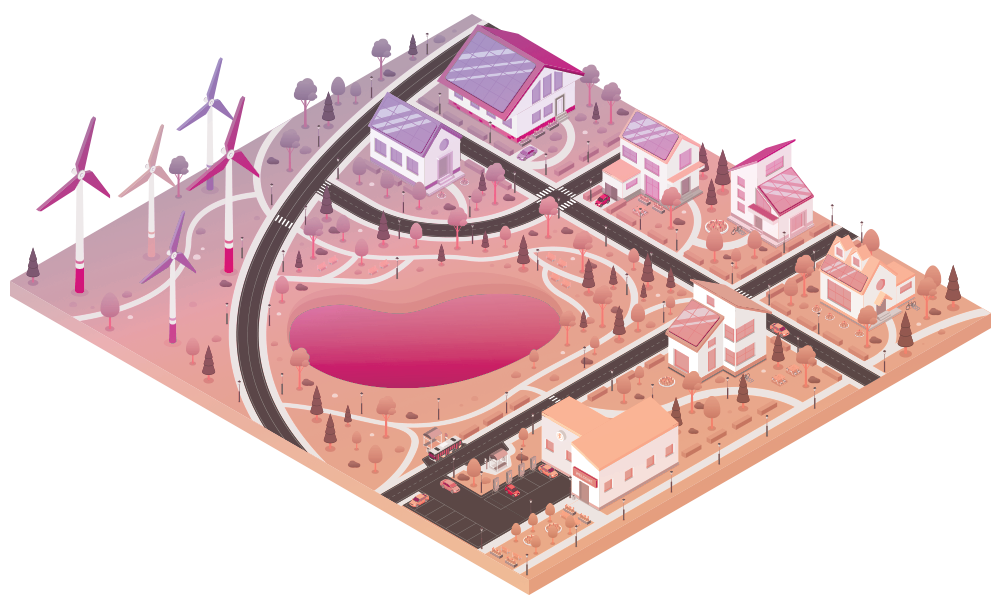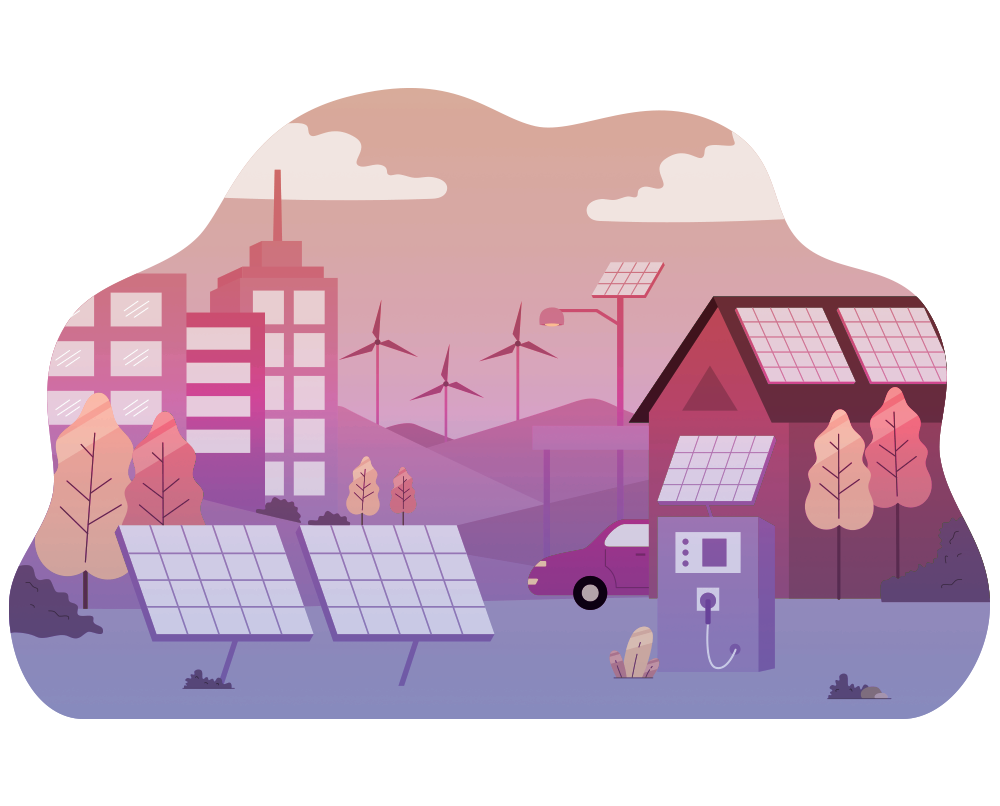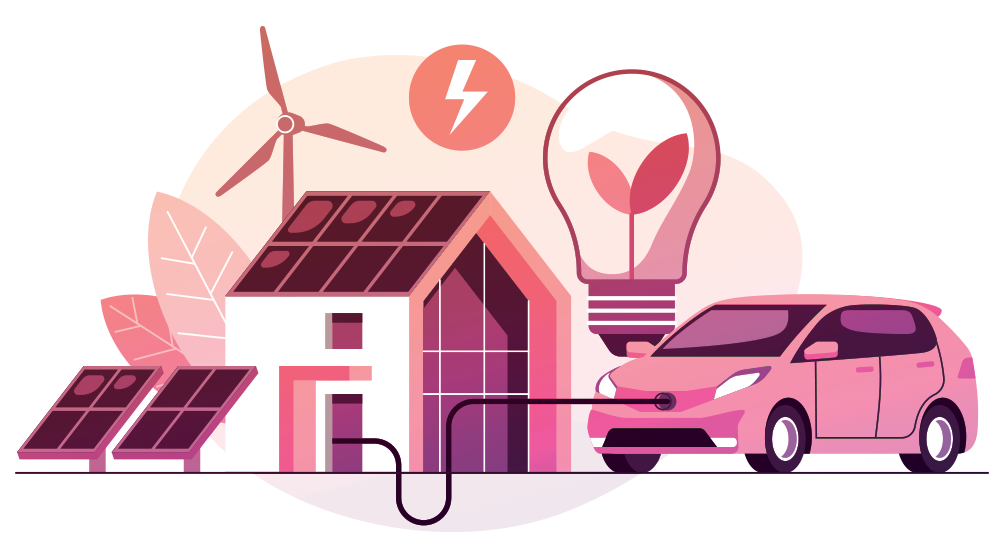The project outcomes have an impact on a very diversified range of stakeholders…
…including, amongst others, the citizens living and actively participating in local energy communities (EC), the aggregators or energy service companies (ESCO) managing inter and intra trades of energy and flexibility services between EC, service providers that can integrate the FEDECOM platform with innovative services and the grid operators as well as other market actors interacting with energy communities, including grid operators, utilities and ultimately regulators considering novel market design. This multi-stakeholders framework is characterised by the unique aim of optimising the full set of resources involved, both the assets owned by the EC and local, National energy systems.

Service and technologies providers (eg. providers of sensors to control HVAC, storage assets and also optimisation software, etc.)
Solution providers of RES and storage units, power-to-X assets, control and management elements, EMS/BMS systems, energy system modelling and prediction software, etc. Various innovative functionalities aiming at optimising energy and flexibility services and assets can be deployed via the FEDECOM platform. During the project duration, FEDECOM partners will validate and demonstrate the functionalities of their services/products applied to FEDECOM demo sites. In the future exploitation of the FEDECOM platform, additional innovative services and technologies could be integrated in the platform. This will potentially trigger the creation of an ecosystem of functionalities providers proposing new optimisations for EC and grid management.
Grid operators
(DSOs, TSOs)
DSOs and TSOs are the owners of the grid infrastructures, responsible for the good and safe management of the energy system. They operate under the National regulation. FEDECOM services and functionalities aim at helping National and local grid operators in their management of the energy networks contributing to the resolution of congestion and in a better integration of renewable energy sources (RES) and prediction of energy production.
The optimisation of the full set of generation and storage assets which are (directly or indirectly) connected to the grid allows the management of energy flows in a predetermined way. With FEDECOM the overall management could be more dynamic as it won’t concern only one EC but multiple EC. It will also consider multiple vectors (not only electricity demand in households).


Aggregators, ESCO
Aggregators and energy service providers are the direct end users of FEDECOM solution. They centralise the efficient and cross-sectoral control of energy production plants and the match with the demand of one or a federation of EC. They could integrate the FEDECOM platform in their IT systems to improve the management of energy communities. FEDECOM detailed ontology will support a high interoperability level for external users.
FEDECOM platform will provide aggregators and ESCOs with a variety of management options for the assets and resources of their communities and will open trading opportunities intra and inter communities. An enhanced transparency level of the trades will be ensured by the blockchain-based framework.
Final consumers in the energy community, prosumers
Citizen partnerships that can also include other market players, willing to team up and jointly invest in energy assets. FEDECOM project is conceived as a user-centred solution, designed to answer the consumer needs. Thanks to an enhanced automated energy management, the maximisation of RES exploitation and the load shifting across communities, the solution aims at reaching 20% reduction of energy demand that will be reflected in a decrease of the energy bills of individual users. Furthermore, the use of smart contracts (blockchain-based) will allow consumers to have more options in the purchase of their energy supply (if they wish to choose) and more transparency of the supply.


Governments and policy makers
Regulatory bodies, responsible for the long-term energy strategy at National and Regional level. In general, FEDECOM solution brings positive impact on energy consumption and emissions reduction. Furthermore, governmental bodies can exploit FEDECOM platform functionalities for their long-term energy planning based on its multi-criteria decision analysis approach. Regulators can also consider improved implementation of market design with regards to local energy trading and provision of flexibility and ancillary services.
Other key partners
Local systems operators, technology providers, architects, and civil engineers. Other stakeholders can benefit from FEDECOM solutions: energy utilities which could be a channel for commercialisation of FEDECOM services; operators of local infrastructures, such as district heating, gas distribution or electrical vehicles (EV) charging, that could exploit different options for sector coupling.



